In today’s digital age, having a fast server is more crucial than ever. But how do you know if you actually have a fast web server with top-tier performance and speed? From Fast DNS Server configurations to Speed Measurement Tools, there are various indicators and metrics to look out for. A fast server not only impacts your website’s load times but also significantly influences user experience, SEO rankings, and even conversion rates.
According to a study by Akamai, a 100-millisecond delay in load time can decrease conversion rates by up to 7% .
Therefore, understanding the importance of server speed and how to measure it effectively can offer a competitive edge in an increasingly crowded digital space. This blog aims to guide you through the essentials of identifying the speed and efficiency of your server. Stay tuned to unlock the secrets behind achieving and maintaining a fast server for your online operations.
Importance of Server Speed
Server speed is crucial for a multitude of reasons. A fast server ensures that your website loads quickly, leading to a better user experience and higher engagement rates. This is particularly vital as slow load times can result in increased bounce rates and a lower ranking on search engines. Moreover, a fast server is essential for effective data management and running complex tasks swiftly, which could be the backbone of your business operations.

Another angle to consider is fast server internet and fast server for hosting. If you’re hosting a website or an application, a fast server can be the difference between a smoothly running platform and one fraught with delays and customer complaints.
Whether you’re concerned about fast DNS server, fast HTTP server, or fast proxy server aspects, the underlying speed of your primary server remains the critical component. So, investing in a fast server should be a top priority for anyone serious about their online presence and performance.
Fast Server Essentials
Understanding what makes a server fast is essential for optimizing performance. Factors like RAM, CPU, SSDs, and the network’s speed all contribute to how fast a server can perform tasks and serve data.
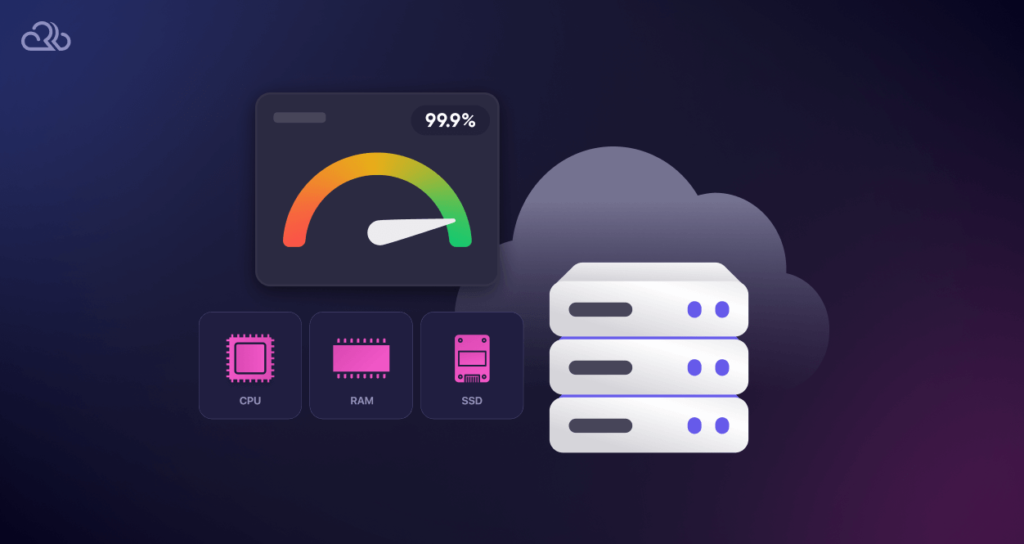
Fast Server Factors
Fast servers generally have several core components optimized for high performance. Let’s break down what each of these vital elements does:
- RAM: More RAM allows for quicker data access, making your server faster. Enhancing your data services infrastructure enables faster response times and improved reliability.
- CPU: A powerful CPU can process tasks more rapidly, contributing to a fast server.
- SSD Storage: Compared to traditional HDDs, SSDs are much faster, affecting how quickly data can be read or written.
- Network Speed: The fastest server internet options will be significantly affected by how quickly data can be transmitted over the network.
- Software: The right server software, be it a fast HTTP server or a fast DNS server, can make a significant difference in speed.
- Load Balancing: Distributing network or application traffic across multiple servers can enhance speed and reliability.
All these components contribute to what constitutes a fast server. When looking into fast VPN servers or fast proxy server options, these elements remain constant. Keep these factors in mind, and you will be well on your way to understanding what makes a server genuinely fast.
Also Read: Fastest WordPress Hosting
Fast DNS Basics
DNS, or Domain Name System, is often an overlooked component when talking about a fast server, yet it plays a critical role in server speed. A fast DNS server translates domain names into IP addresses, functioning as the internet’s directory service. Faster DNS servers mean that this translation happens more quickly, ultimately affecting your server’s overall speed and performance.
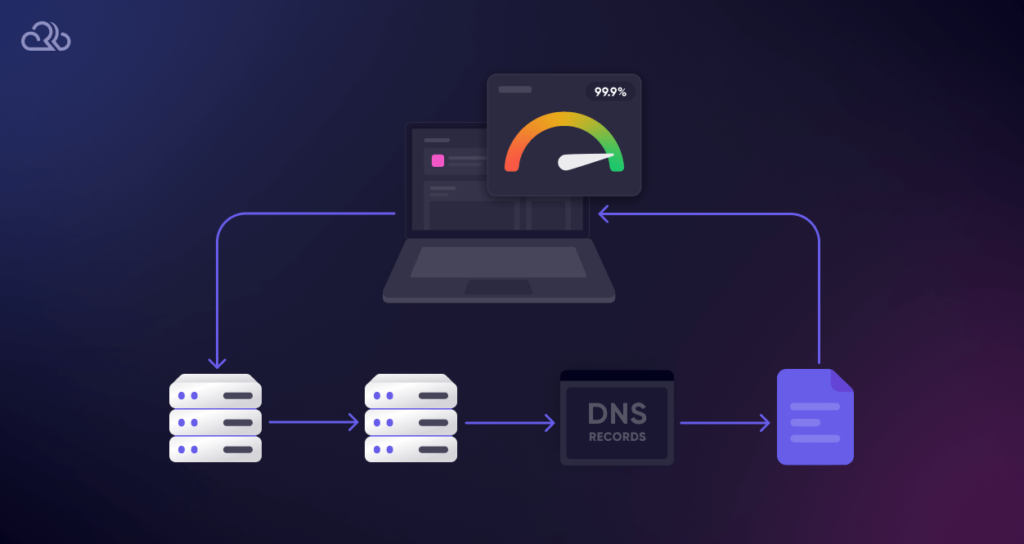
Understanding DNS performance is vital, especially if you want to achieve the fastest server internet speeds possible. Several elements contribute to the speed of a DNS server:
Caching:
Effective caching can drastically improve DNS response time.
Load Distribution:
Similar to load balancing in general servers, a DNS server that can distribute queries efficiently is generally faster.
Geographical Location:
DNS servers closer to the user will usually provide quicker response times.
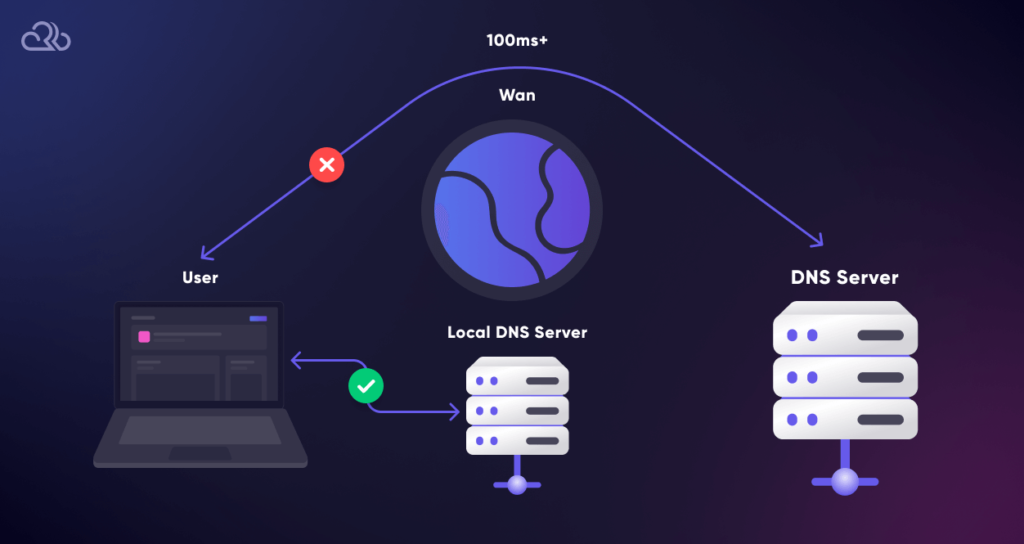
Redundancy:
More DNS servers mean more robust systems, minimizing downtime and improving speed.
Protocol Optimizations:
Modern DNS servers may support new protocols or extensions that improve query speed.
These are the fundamentals you should know when investigating what goes into a fast DNS server. Understanding these basics will not only help you choose a faster DNS server but also assist in comprehending how the speed of your general server setup can be improved.
Fast Server VPN Importance
Virtual Private Networks, or VPNs, have become crucial tools for online privacy and security. However, many overlook the importance of a fast VPN server when considering these services. The speed of your VPN server can significantly impact your online experience, affecting everything from browsing speed to streaming quality.
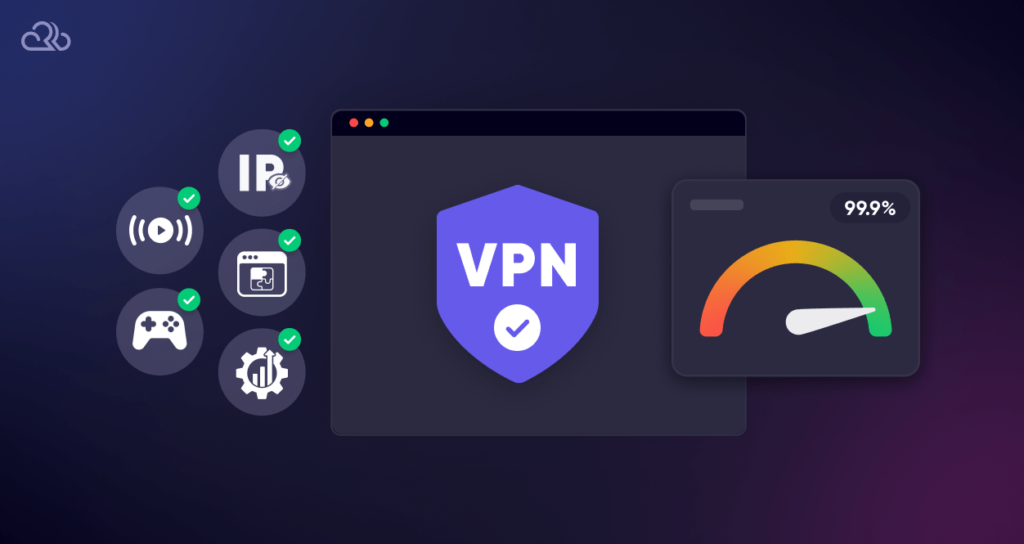
When you connect to a VPN, your internet traffic is routed through the VPN’s servers. The speed of these servers affects how quickly data can be transmitted. Here are a few reasons why a fast VPN server is crucial:
Latency Reduction:
The higher the VPN speed, the lower the latency, making real-time communications more efficient. This is especially useful for low latency streaming, where smooth delivery of content is crucial for a better user experience.
Faster Streaming:
A fast VPN server allows for quicker download speeds and uninterrupted streaming, crucial for users who consume a lot of media.
Better Gaming Experience:
Gamers require low latency and fast speeds for an optimal experience, and a fast VPN server can provide that.
Seamless Web Browsing:
Fast servers ensure that web pages load quickly, providing a smoother browsing experience.
Increased Productivity:
For business users, a fast VPN means quicker access to necessary data and applications, resulting in improved efficiency.
Opting for a fast VPN server isn’t just about speed but also involves choosing a VPN that offers a balance between speed, security, and privacy. Always consider server speeds when selecting a VPN service; it’s a factor that significantly impacts the quality of your online activities.

All Your Websites.
One Powerful Platform.
With the Multiple Site Plans, now you can launch 5, 10, or 100+ websites on a single Hyperspeed platform.
The Role of a Fast Proxy Server
A fast proxy server acts as an intermediary between your device and the internet. While commonly used for anonymity and security, the speed of the proxy server plays a significant role in your online activities. A sluggish proxy can be more of a hindrance than a help, whereas a fast proxy server can offer a range of benefits.
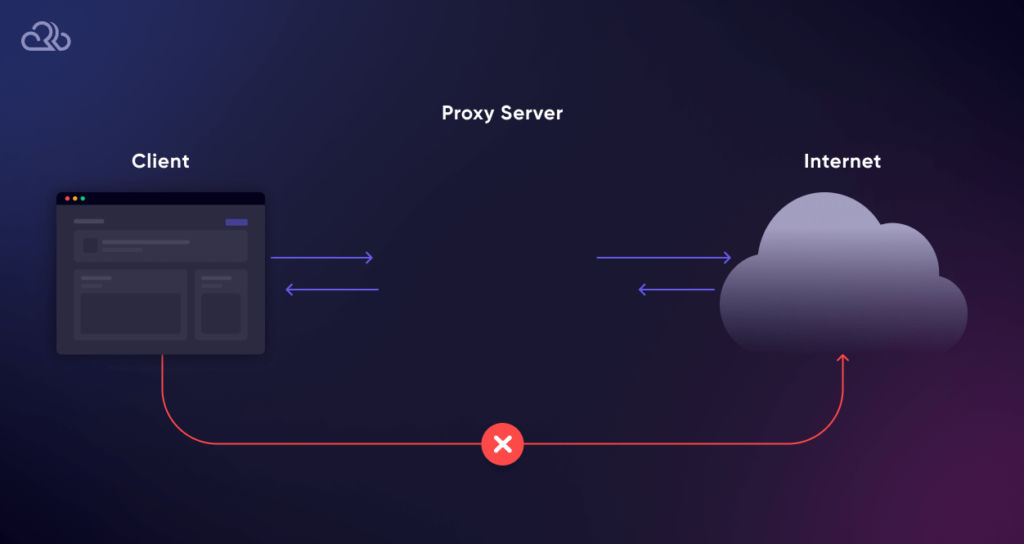
Understanding the role of a fast proxy server can help you make an informed decision when choosing a proxy service. Here’s what a fast proxy server can do for you:
Data Caching:
A fast proxy server often comes with superior data caching capabilities, allowing frequently accessed web pages to load much quicker.
Improved Security:
While speed is a priority, many fast proxy servers also offer robust security features to protect your data.
Load Balancing Essentials:
In a corporate environment, a fast proxy can balance the load across multiple servers, ensuring uninterrupted service.
Access to Restricted Content:
A fast proxy server can bypass geographical restrictions swiftly, granting you access to region-locked content without much waiting.
This experience can be further enhanced with secure datacenter proxies for added speed and reliability.
Reduced Bandwidth Usage:
Due to effective caching and data compression, a fast proxy server can help save on bandwidth costs.
User Authentication:
Many fast proxy servers come with built-in authentication features, adding an extra layer of security.

Monitoring and Control:
Administrators can monitor traffic and impose restrictions more efficiently with a fast proxy server.
When selecting a proxy service, speed should be a critical factor in your decision-making process. A fast proxy server not only provides quick access but also offers a better overall user experience. Whether you’re an individual user or a business, the benefits of a fast proxy server are manifold and cannot be ignored.
Fast HTTP Essentials
A fast HTTP server is not just a luxury but a necessity. The speed of your HTTP server directly influences website performance, affecting metrics like page load times, user experience, and even search engine rankings.
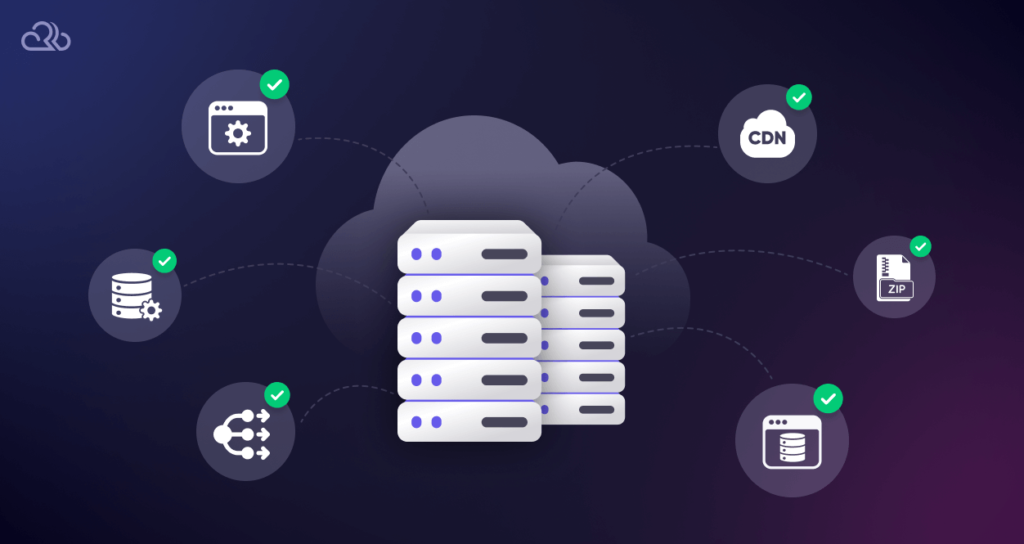
To reap the benefits of a fast HTTP server, you need to understand its essential components. Here’s what to consider:
Server Hardware Components:
Top-of-the-line hardware contributes to the server’s speed. Look for servers with ample RAM and powerful CPUs.
Software Optimization:
The right balance of software and hardware can make a noticeable difference. Opt for lightweight server software optimized for speed.
Content Delivery Network (CDN):
A free WordPress CDN can cache your website’s static elements, reducing the load on your fast HTTP server and delivering content faster to users.
Caching Mechanisms:
Effective caching can significantly reduce server load and improve performance. Employ caching tools and mechanisms wisely.
Load Balancers:
In multi-server environments, load balancers distribute incoming requests across servers, preventing any single server from becoming a bottleneck.
Compression Algorithms:
Utilize data compression algorithms to reduce the amount of data transferred, making the server faster.
SSL Accelerators:
These can offload SSL decryption tasks from the server, improving its speed and allowing it to handle more traffic.
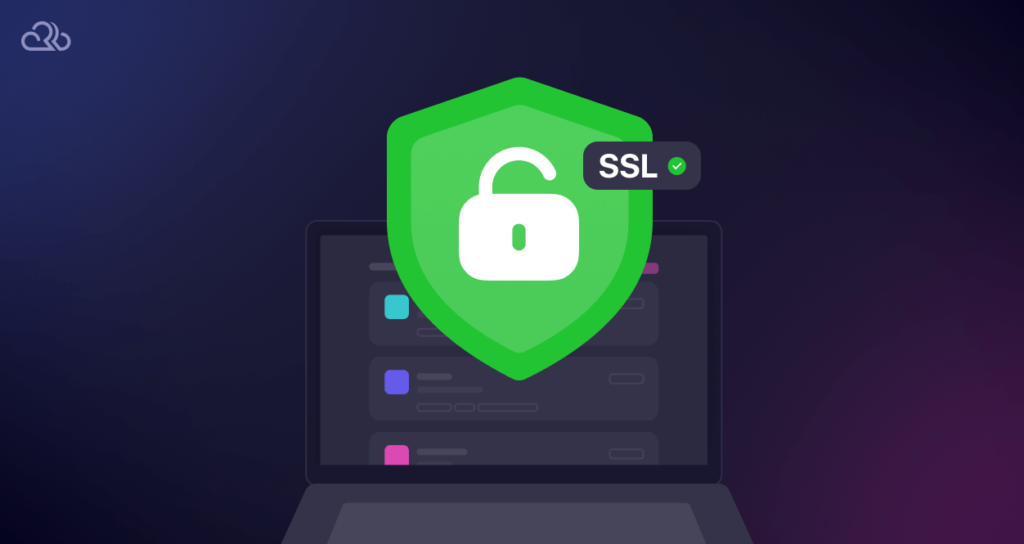
Database Optimization:
Frequent database calls can slow down a server. Proper database optimization can mitigate this issue, enhancing server speed.
Monitoring Tools:
Regular monitoring can provide insights into server performance, helping you make necessary adjustments for WordPress Speed Optimization.
By paying attention to these essentials, you can significantly enhance the speed of your fast HTTP server. Remember, the quicker your server, the better the user experience, and the higher the potential for positive engagement and conversion rates.
How to Measure Server Speed
Knowing how to accurately measure server speed is crucial when you’re striving for a fast server. Without proper metrics, you can’t diagnose issues or identify areas for improvement. In this section, we’ll discuss various methods and speed measurement tools you can use to gauge your server’s performance effectively.
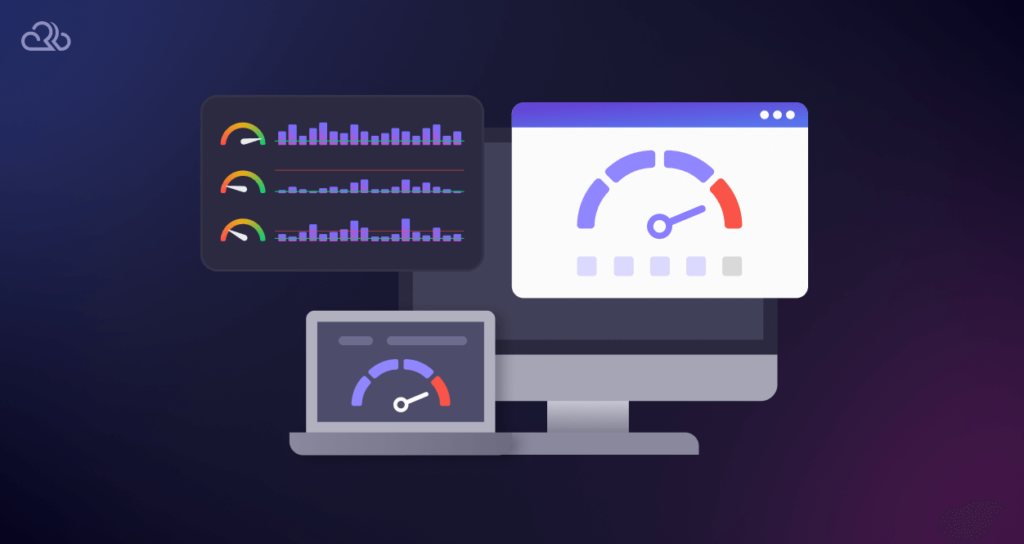
Here are some proven methods to measure fast server performance:
Ping Tests:
This is the most basic test you can perform to measure latency. A lower ping time indicates a faster connection.
Speed Test Websites:
Websites like Speedtest.net can provide a comprehensive look at your download and upload speeds, contributing to your fast server internet.
FTP Transfers:
Upload and download files to your server using FTP and measure how long the process takes.
Web Page Loading Times:
Use browser extensions or web-based tools to analyze how quickly your website pages load. This could be indicative of your fast HTTP server.
Database Queries:
Measure the time it takes to execute database queries. Faster query execution means you likely have a fast server for hosting especially if you’re considering a Kinsta alternative.
Local Network Speed Tests:
These can help you identify if the bottleneck is with your server or the network.
Use Monitoring Tools:
There are many server monitoring solutions that can provide real-time analytics on server performance, including fast DNS server, fast server VPN, and fast proxy server metrics.
Analyze Server Logs:
Server logs can reveal issues that may be affecting speed. Look for errors or bottlenecks that need addressing.
Third-Party Professional Tests:
Some professional services can perform in-depth server speed tests and provide detailed reports.
Regular Audits:
Regularly auditing your server’s speed can help you keep tabs on its performance over time and make adjustments as necessary.
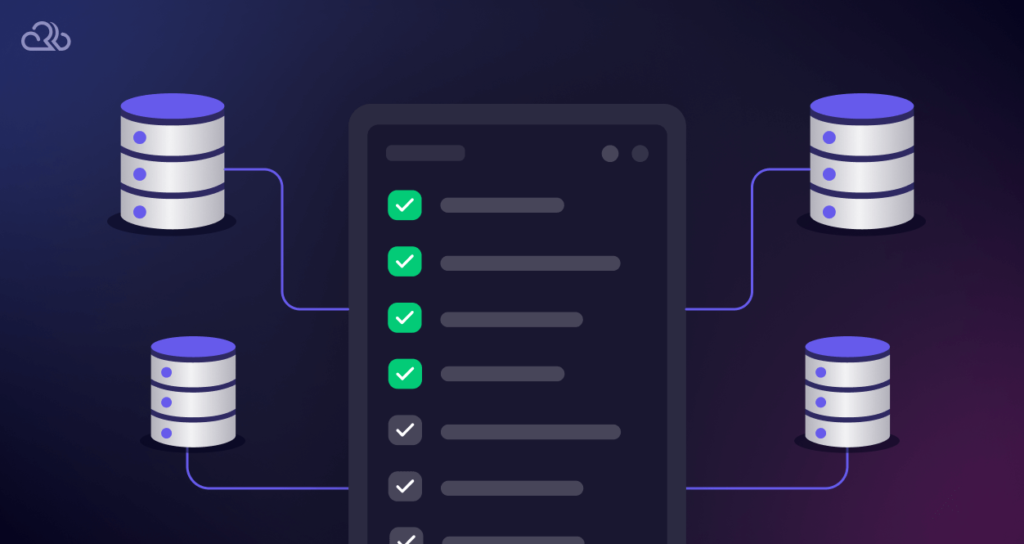
Frequently Ask Questions
Server speed is crucial for better user experience and SEO rankings. A fast server ensures quicker page load times, reducing bounce rates and improving conversion.
A Fast DNS Server translates domain names to IP addresses more quickly, speeding up how fast pages load. It’s a key component for overall server performance.
A Fast Proxy Server acts as an intermediary, improving security and speed. It can cache data, making repeated requests quicker and reducing latency.
Use Speed Measurement Tools like ping tests, FTP transfers, or specialized software to measure your server’s performance metrics.
Conclusion
In this blog post, we’ve navigated through the complex landscape of server speeds, touching on everything from fast DNS servers to fast VPN servers and fast HTTP servers. The speed of your server isn’t just a luxury; it’s a necessity for optimizing user experience and operational efficiency.
Frequently Asked Questions
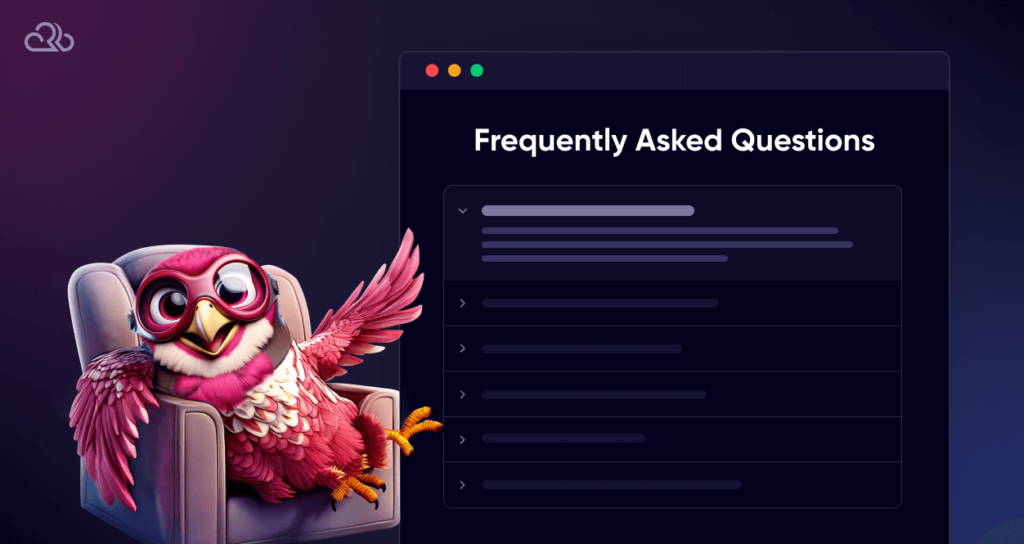
Why is server speed important?
Server speed is crucial for better user experience and SEO rankings. A fast server ensures quicker page load times, reducing bounce rates and improving conversion.
What is a Fast DNS Server and why does it matter?
A Fast DNS Server translates domain names to IP addresses more quickly, speeding up how fast pages load. It’s a key component for overall server performance.
What’s the role of a Fast Proxy Server?
A Fast Proxy Server acts as an intermediary, improving security and speed. It can cache data, making repeated requests quicker and reducing latency.
How can I measure my server speed?
Use Speed Measurement Tools like ping tests, FTP transfers, or specialized software to measure your server’s performance metrics.






